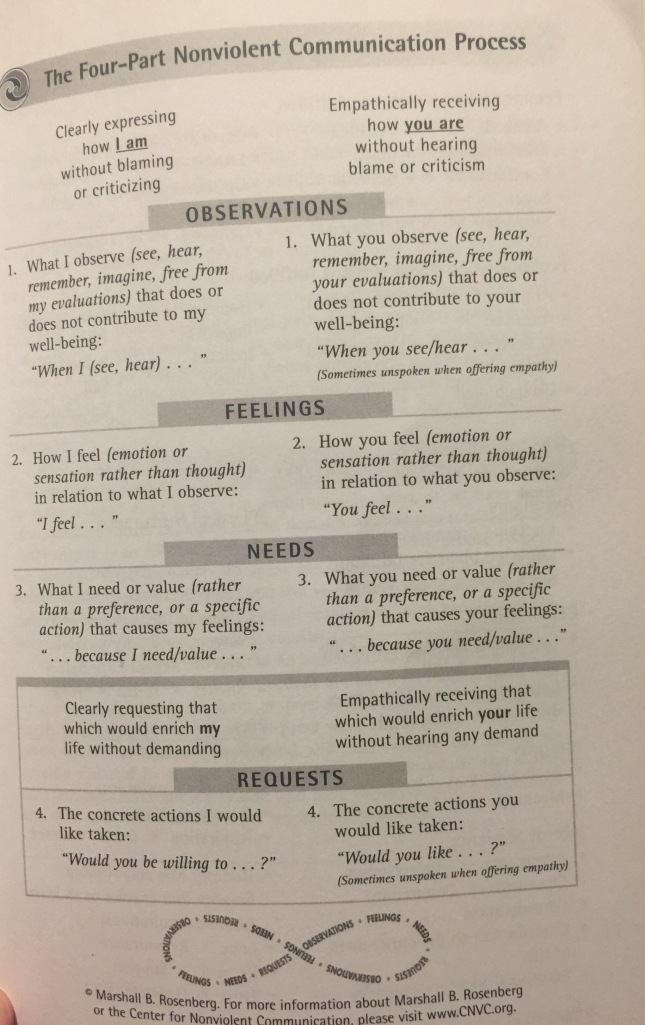(FYI. I’m bored at work. And this is entertaining to me)
I recently started watching The Bachelor for the first time in my life, and it’s hysterically awful. A fantastic reverberation of mainstream ideas about love and romance. I love it for it’s terribleness.
And then I started thinking: where would this show go if the assumed foundation was polyamory instead of monogamy? There would be far less distress over choosing the “right” person and a focus on how many different relationships feed a person, and the highly intricate and mature communication that must take place. Different kinds of connections would be valued.
Instead of where we are right now (Nick and his final four potential The Ones, Vanessa, Rachel, Corinne, and Raven), in total heartache and deep competition, we might be somewhere a little happier, if maybe a little more boring…
Corinne enters Nick’s room, offering her sexual favors. Because Nick has been communicating transparently with the other women in his life about his attractions to Corinne, he feels comfortable proceeding with having sex with her. He know the other women will feel insecure but is ready to offer reassurances to all of them. He doesn’t see Corinne as his long term life partner, but values her as a strong and independent person in his life and is excited to continue to cultivate a creative and passionate relationship with her.
The next day, he enjoys an adventurous outing with Raven and can feel the sweetness building between the two of them. At dinner that night with Rachel, he is intellectually stimulated in a deep way and remembers the fiery spark that draws him to her. At breakfast the next day, he feels intensely vulnerable and emotional with Vanessa and it’s so therapeutic to be with her.
Maybe there isn’t The One here… maybe he has instead met several amazing partners. And he begins to negotiate needs and boundaries.
Vanessa refuses to be in a polyamorous relationship, which is her right. Nick is deeply disappointed that they are unable to meet one another’s needs, but feels hopeful for her that she will meet a deserving man interested in monogamy. Rachel is interested in something flexible and with a high degree of partnered commitment. Raven is more interested in running her business and likes the idea of having two adventurous vacations together a year. Corinne similarly wants to continue to grow and deepen their sexual relationship. All three woman talk together about fears and needs and desires. Nick hears them and they hear each other. And they move forward in a daring and bold life.
I solved it! 🙌

